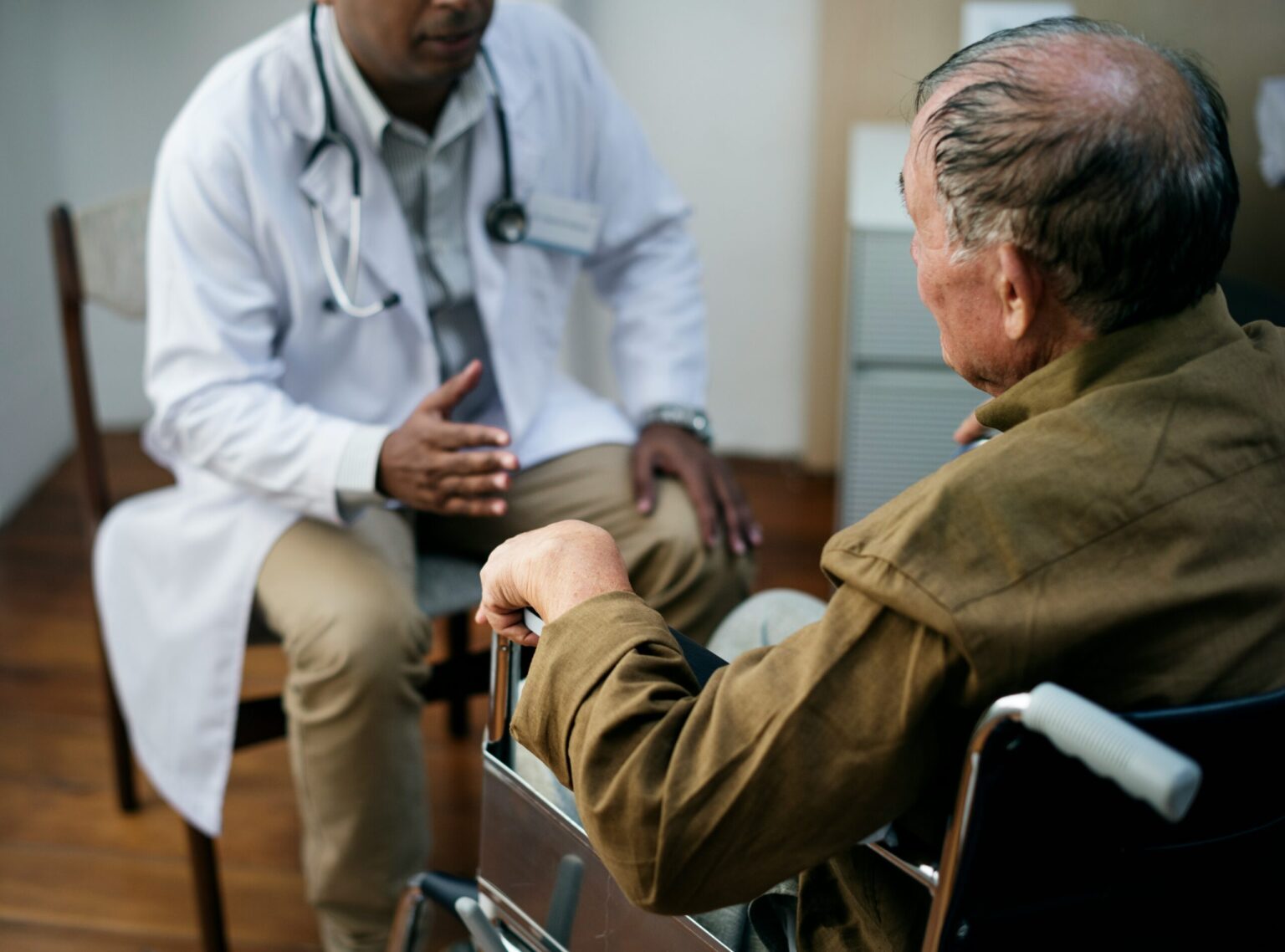In a significant move to address the growing mental health crisis in the United States, federal health officials announced a comprehensive plan to expand access to affordable mental health care across the country. On March 15, 2025, the Department of Health and Human Services (HHS) unveiled a new initiative that will provide millions of Americans with greater access to mental health services, including therapy, counseling, and crisis intervention.
The new plan includes a combination of policy changes, funding increases, and partnerships with private healthcare providers to ensure that mental health care becomes as accessible and affordable as physical healthcare. The initiative comes in response to the rising number of mental health issues in the U.S., with over 50 million Americans currently struggling with conditions such as anxiety, depression, and post-traumatic stress disorder (PTSD). Despite this, mental health services remain out of reach for many due to high costs, long wait times, and a shortage of qualified professionals.
“Addressing the mental health crisis in America is not just an investment in healthcare—it’s an investment in the well-being and future of our society,” said Dr. Linda Harris, Secretary of Health and Human Services. “This initiative aims to eliminate the barriers that prevent people from seeking the help they need, ensuring that everyone, regardless of income or location, has access to timely and effective mental health care.”
The initiative will increase funding for community mental health centers, particularly in rural and underserved areas, where access to mental health professionals is limited. Additionally, it will expand the availability of telehealth services, allowing individuals to access care remotely, particularly those who live in areas with few in-person providers. The program will also focus on increasing mental health coverage within private insurance plans, with a particular emphasis on expanding coverage for counseling and therapy sessions.
A key component of the initiative is a new initiative to integrate mental health care into primary care settings. This approach is designed to make it easier for individuals to receive mental health support during routine doctor visits, reducing the stigma often associated with seeking therapy and ensuring that care is more convenient and accessible. By training primary care providers to identify and address mental health issues, the program aims to create a more integrated, holistic approach to health.
For those experiencing a mental health crisis, the initiative also includes the expansion of emergency response teams and mobile mental health units, which can respond quickly to individuals in distress, providing immediate care and connecting them to ongoing treatment.
The announcement has been met with widespread support from mental health professionals, advocacy groups, and policymakers, many of whom have long called for increased investment in mental health care. Experts emphasize that early intervention is key to preventing more severe mental health conditions from developing, and that greater access to care could significantly reduce the burden of mental health issues on individuals, families, and society as a whole.
“This is a transformative step toward making mental health care a fundamental part of overall healthcare,” said Dr. Alan Foster, a clinical psychologist and advocate for mental health reform. “By integrating mental health services into everyday care and making them more affordable, we’re not just treating illness—we’re promoting wellness.”
While the expansion of mental health services is a major step forward, experts caution that long-term success will depend on continued investment in the mental health workforce, including efforts to train and retain more mental health professionals. As demand for services grows, ensuring a sufficient number of qualified providers will be critical to meeting the needs of the population.
The new initiative reflects a broader societal shift toward recognizing the importance of mental health and the need for comprehensive care. As the program rolls out, health officials are optimistic that it will make a real difference in the lives of millions of Americans, providing them with the tools and support they need to maintain their mental well-being and lead healthier, more fulfilling lives.
